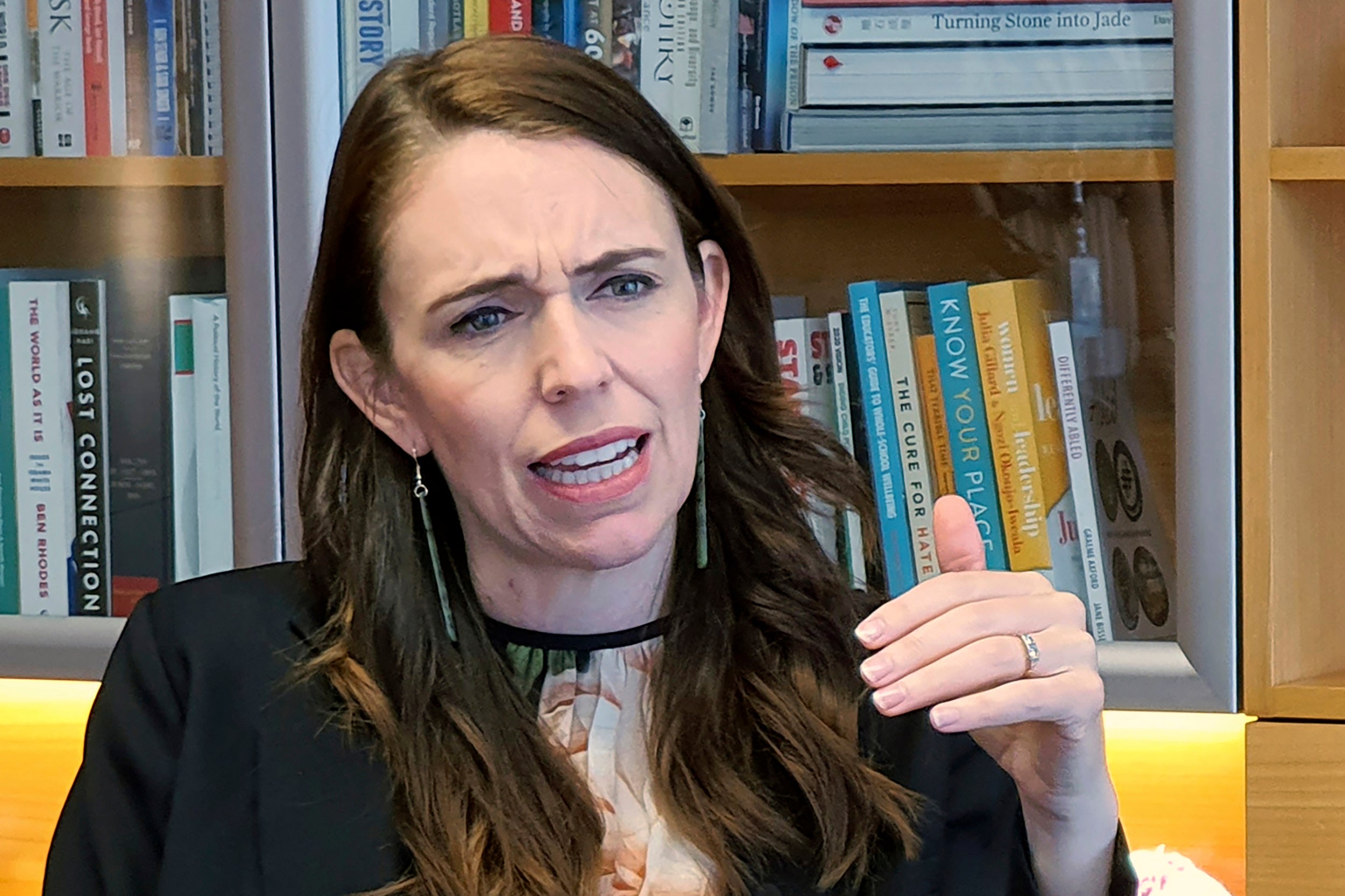US joins global push against violent extremism online
Tech giants and governments around the world are gathering virtually to find better ways to stop extremist violence from spreading online while also respecting freedom of expression

Your support helps us to tell the story
From reproductive rights to climate change to Big Tech, The Independent is on the ground when the story is developing. Whether it's investigating the financials of Elon Musk's pro-Trump PAC or producing our latest documentary, 'The A Word', which shines a light on the American women fighting for reproductive rights, we know how important it is to parse out the facts from the messaging.
At such a critical moment in US history, we need reporters on the ground. Your donation allows us to keep sending journalists to speak to both sides of the story.
The Independent is trusted by Americans across the entire political spectrum. And unlike many other quality news outlets, we choose not to lock Americans out of our reporting and analysis with paywalls. We believe quality journalism should be available to everyone, paid for by those who can afford it.
Your support makes all the difference.Tech giants and governments around the world — including the U.S. for the first time — are gathering virtually Friday and Saturday to find better ways to stop extremist violence from spreading online while also respecting freedom of expression.
It’s part of a global effort started by New Zealand Prime Minister Jacinda Ardern and French President Emmanuel Macron in 2019 after deadly attacks in their countries that were streamed or shared on social networks.
The U.S. government and four other countries are joining the effort, known as the Christchurch Call, for the first time this year. It involves some 50 nations plus tech companies including Google, Facebook, Twitter and Amazon. It is named for the New Zealand city where a far-right extremist killed 51 people in a mosque in 2019 and streamed the attack on Facebook.
Since its launch, governments and tech companies have cooperated in some cases in identifying violent extremist content online. Ardern, however, says more tangible progress is needed to stop it from proliferating.
The meeting is aimed at revitalizing coordination efforts, notably since U.S. President Joe Biden entered office, and getting more tech companies involved. Macron and Ardern welcomed the U.S. decision as a potential catalyst for stronger action.
“Countering the use of the internet by terrorists and violent extremists to radicalize and recruit is a significant priority for the United States,” White House spokeswoman Jen Psaki said. She also stressed the importance of protecting freedom of expression and “reasonable expectations of privacy.”